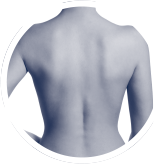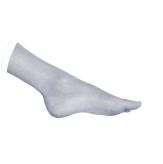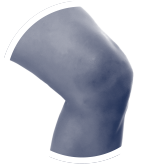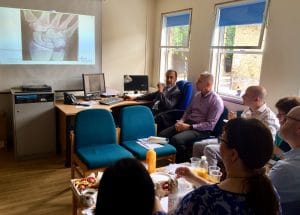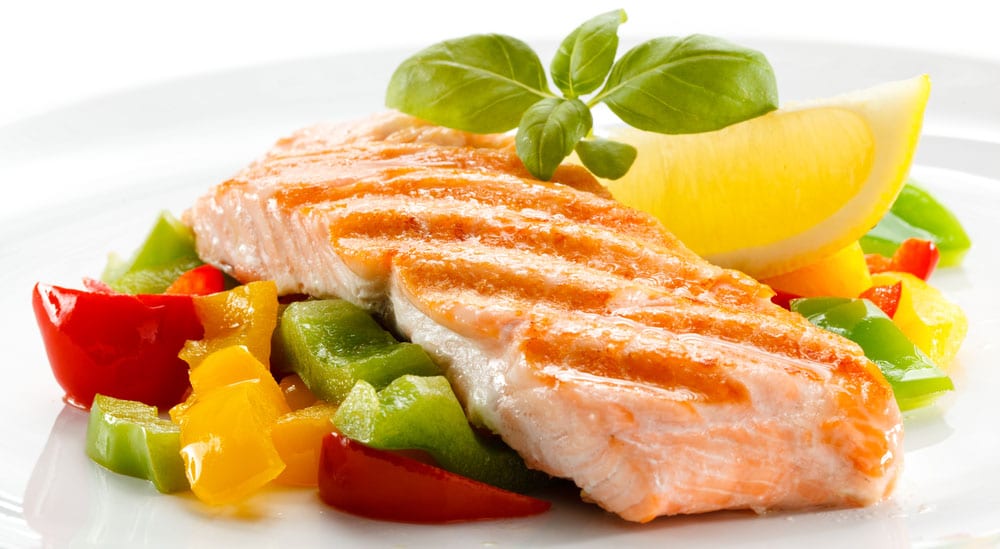
It is common knowledge that milk is a good source of calcium, which is extremely important for strong bones. But did you know that it is the most plentiful mineral in the body and is used by every cell to balance the blood’s pH levels? So for the body to replenish their calcium stores a varied diet that is calcium-rich is recommended. Otherwise, the body will get it by absorbing it from your bones. This can cause low bone mass and can increase your risk of fractures, bones breaking, along with the possibility of leading to osteopenia and osteoporosis.
How Much Calcium Do I Need?
If you are between the ages of 18-50, it is recommended that your diet contains approximately 700 milligrams of calcium per day.
For people who are older than 50 years old, it is recommended that your diet contains a minimum of 1.2g (1200mg) per day.
It is important to also have a diet that is rich in vitamin D to help absorb calcium into your body.
Foods High in Calcium
The obvious that milk is the most well-known source with an average of 125mg per 100 millilitres. However, if you are lactose intolerant, milk is not always an option and your diet may need an alternative source. So we have provided our top 5 alternative sources of calcium for your diet.
Almonds
A lot of nuts and seeds are high in calcium, but they aren’t the first thing that comes to mind. Almonds are extremely high in calcium (containing more than milk) with a 246mg per 100g. It is also good for weight loss and maintaining a healthy heart.
Salmon
This fish is incredibly good for you (so long as it’s not deep-fried). Not only is it rich in vitamin B12, which is good for maintaining a healthy nervous system and creation of red blood cells, it has an incredible amount of calcium and other vitamins which are known to prevent certain cancers and improve skin and hair health. Fresh is obviously best, but 100g of tinned salmon is able to provide 218mg.
Watercress
It is the vegetable that is normally a garnish to many dishes, such as bruschetta. However, watercress can be considered one of the healthiest foods in the world. Not only is watercress incredibly high in calcium (120mg per 100g), it is also been suggested as a preventative to breast cancer, rich in vitamin C, improving cardiovascular health and reducing the risk of strokes.
Oatmeal
Fortified oatmeal is known to many as a staple for breakfast. Not only is it filling and healthy but it is packed with vitamins and minerals, including calcium with 80mg per 100g. Add milk (or soy milk) to oatmeal dishes, such as porridge, and it makes for an incredibly vitamin-rich start to the day.
Garlic
This smelly vegetable is a rather lesser-known source of calcium. Eating 100g of garlic would actually give you 181mg (approximately 50% more than milk). Using small amounts in dishes is a good way to boost your intake together while making it a lot tastier.
Other suggested health benefits include high levels of manganese, vitamin B6, vitamin C and fibre, alongside proven studies showing it can reduce blood pressure, reduce the number of colds and improve cholesterol levels.
Try Supplements – But Don’t Take Too Much
If you have a poor diet that is lacking in calcium or are perhaps lactose intolerant, taking supplements can be a good alternative. The body may not absorb as much compared to eating fresh food but is always better than nothing.
However, be aware of the dangers of having too much calcium. Constantly having a diet which has over 1500mg+ per day may be detrimental and lead to stomach pains, diarrhoea and lead to hormone disorders, such as hyperparathyroidism.
For more latest orthopaedic health news, follow us on Facebook, X and LinkedIn.




